WELCOME TO OUR STORE
The Psychological Factor Influencing the Sephora Kids
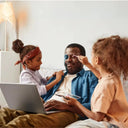
Introduction
The recent trend of 'Sephora kids,' referring to tweens and younger children engaging with children's skincare products at the popular beauty retailer, has sparked a heated debate among parents, dermatologists, and social media influencers. While some view this trend as harmless and a form of self-expression, others are concerned about the potential negative effects on psychological development and the suitability of certain skincare products for pediatric skin.
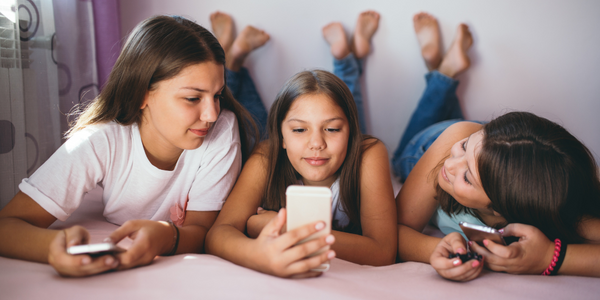
Social Media and Influencer Culture
One of the key factors contributing to the Sephora kids trend is the pervasive influence of social media and the rise of influencer marketing. Children today are exposed to a constant stream of beauty products-related content on platforms like TikTok, Instagram, and YouTube. Influencers, often young themselves, promote skincare and makeup products, creating a desire among young viewers to emulate their favorite role models and shape their self-identity. This constant exposure to idealized beauty standards can lead to feelings of inadequacy and the belief that using certain products will make them more popular or attractive.
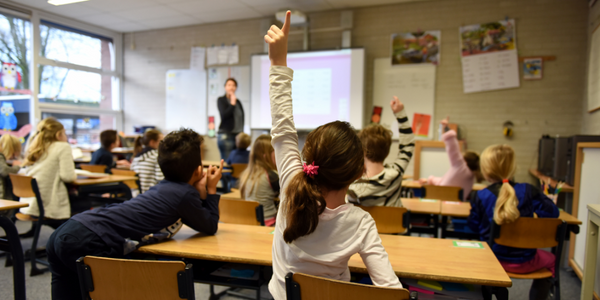
Early Exposure to Adult Behaviors
Children are naturally curious and tend to mimic behaviors they observe in adults and older peers, a key aspect of childhood development. The Sephora kids trend can be seen as an extension of this developmental process. Just as children play with dolls or engage in imaginative role play, they may now be exploring the world of beauty and children's skincare as a way to express themselves and imitate the adults around them. However, the concern arises when children are exposed to products that may be too harsh for their young and sensitive skin, highlighting the need for gentle parenting.
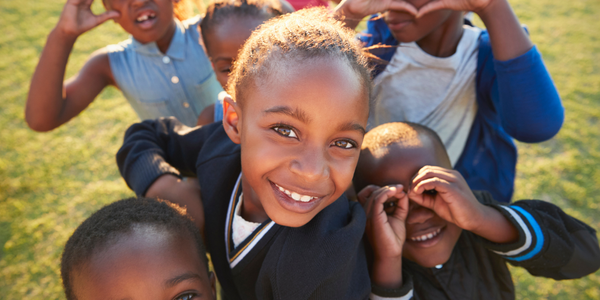
The Pressure to Fit In
Peer pressure is a powerful influence on children and adolescents, and today's connected world has amplified its impact, sometimes leading to social media FOMO. In the case of the Sephora kids trend, children may feel compelled to participate to fit in with their peers or gain social validation. The fear of being left out or considered 'uncool' can push children to engage in behaviors that may not be age-appropriate, potentially contributing to low self-esteem and negatively affecting their mental well-being.
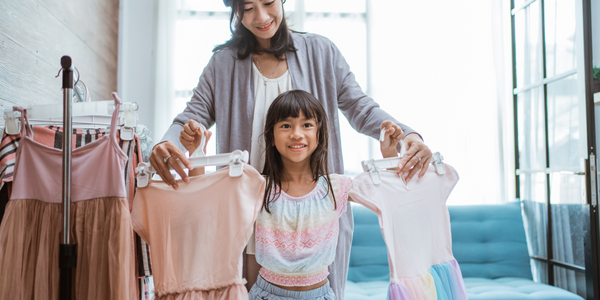
Parental Influence and Boundaries
Parents play a crucial role in shaping their children's behavior and attitudes towards beauty and self-image, often influenced by their parenting styles. Some parents may encourage their children's interest in skincare and makeup as a form of self-expression and creativity, viewing it as a harmless phase that allows children to explore their identity. However, parents need to practice boundary setting and guide their children towards age-appropriate children's skincare products and behaviors.
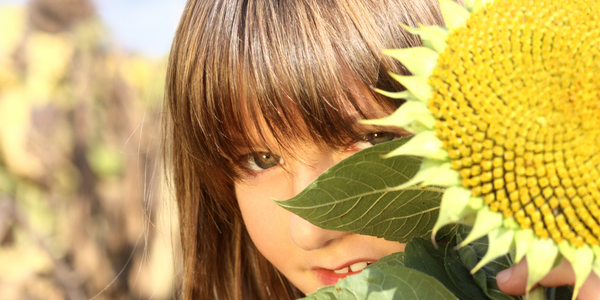
The Impact on Children's Mental Health
The Sephora kids trend has raised concerns about its impact on children's mental health. The constant exposure to beauty-related content, often fueled by social media addiction, and the pressure to conform to societal standards can contribute to feelings of insecurity, low self-esteem, and body dissatisfaction. Children may develop an unhealthy obsession with their appearance and feel the need to constantly compare themselves to others, undermining their healthy self-esteem. Parents and caregivers need to foster a positive body image and promote self-acceptance in children to safeguard their mental health.
Source:
What's up with 10-year-old kids in Sephora? Why the question itself is driving controversy
Young girls are flooding Sephora in what some call an 'epidemic.' So we talked to their moms.
‘Sephora kids’ and the concerning influence of social media on tween girls

